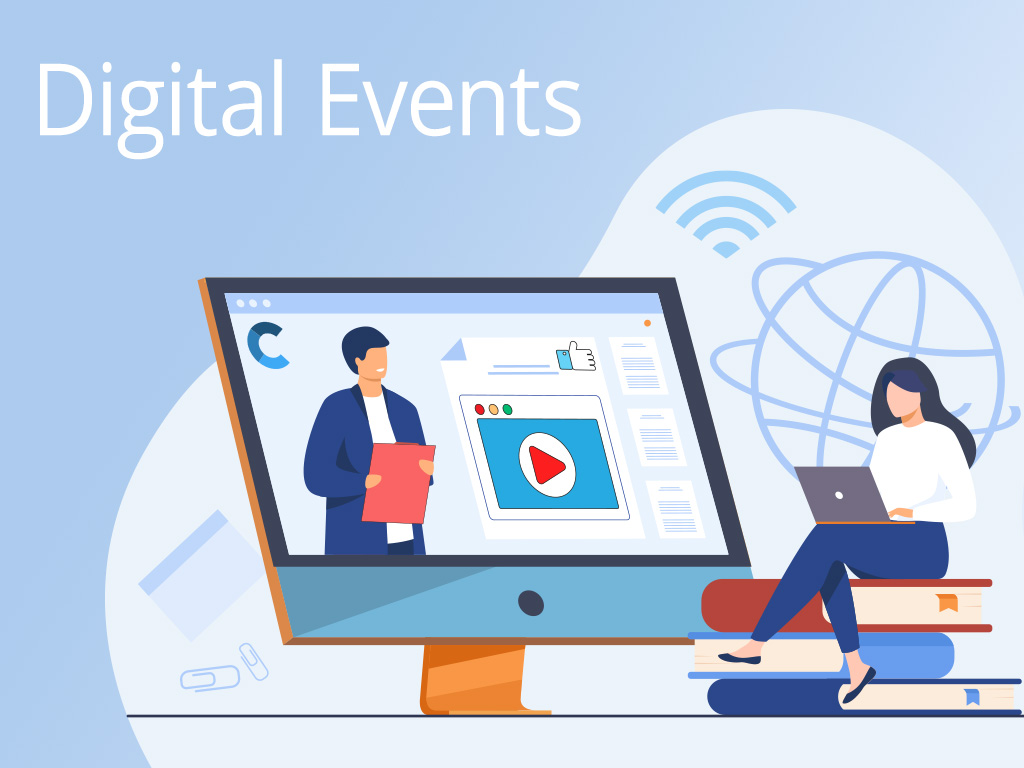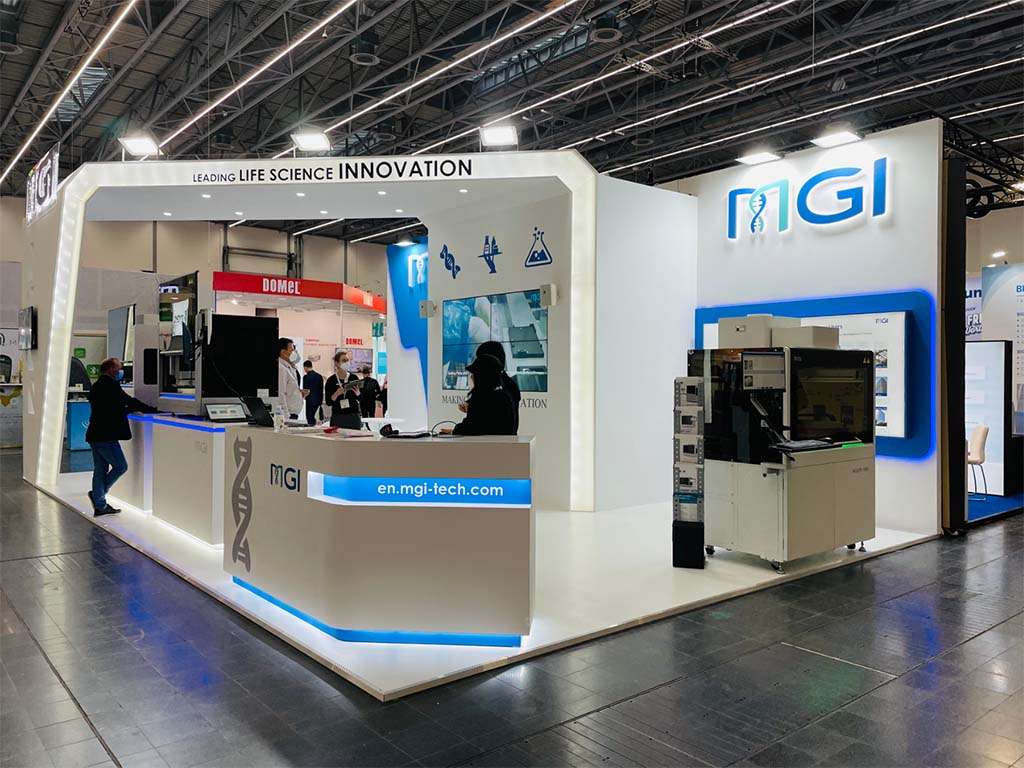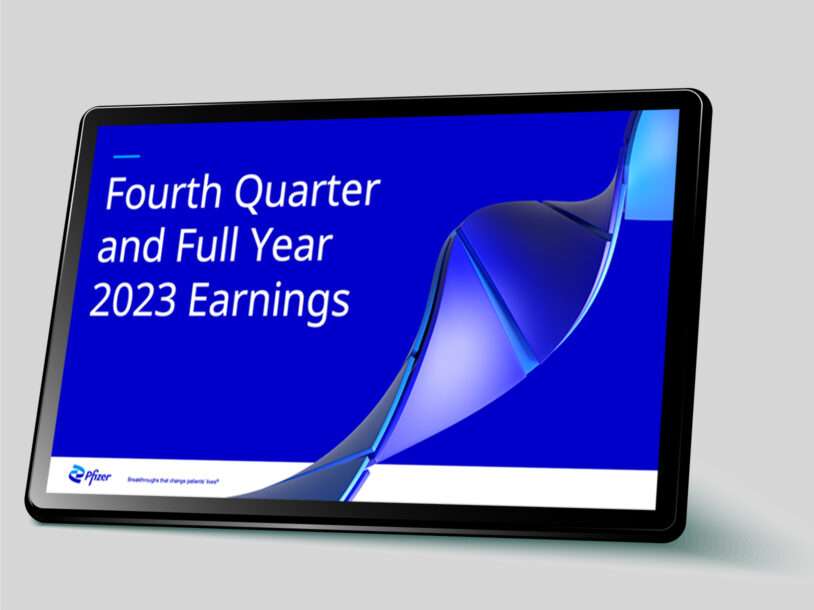Digital events in marketing have taken the world by storm. With the pandemic forcing businesses to go digital, the marketing industry has adapted to the new norm by shifting to virtual formats, as webinars. But have you ever wondered how effective these events are? Do they actually lead to conversions, or are they just a passing trend? The answer is simple – digital events are incredibly effective when done right. With the right planning and execution, webinars can not only generate leads, but also help in brand building and customer engagement. In this blog article, we will delve into the world of digital events in marketing, and provide insights on how businesses can leverage these events to achieve their marketing goals.
Outline
Toggle1. Benefits of Digital Events in your Marketing Strategy
Businesses in the digital age are continuously seeking novel approaches to connect and engage their target customers. The utilization of online events is one method that has acquired a lot of popularity in recent years. Virtual events, such as webinars, virtual conferences, online summits, and live-streamed events, are examples of digital events. They offer multiple benefits for companies, including as expanded audience reach, cost-effectiveness, and increased rate of conversion. In this article, we will explore the benefits of using digital events as a marketing strategy, how to plan and execute a successful digital event, and best practices for ensuring your digital event delivers a significant return on investment.
1.1. Increased Audience Reach
One of the most significant benefits of virtual events is their ability to reach a global audience. Unlike physical events, digital outreach are not limited by geography, and anyone with an internet connection can attend. This increased audience reach can help businesses attract new customers and expand their brand awareness, especially if the event is well-promoted and marketed.
1.2. Cost-Effective
Virtually hosted events are often more cost-effective than traditional events. They require less overhead, such as venue rental, catering, and travel expenses. This cost-saving is particularly important for businesses that are on a tight budget and cannot afford the high expenses of physical events. Webinars, for instance, offer an excellent opportunity to reach a large audience at a fraction of the cost.
1.3. Improved Conversion Rates
Digital events offer a unique opportunity to engage audiences and convert them into customers. They allow businesses to showcase their products or services, provide valuable information, and interact with potential customers. This engagement can lead to higher conversion rates, as attendees are more likely to purchase products or services from a company they have interacted with.
2. Planning and Executing a Successful Digital Event
Planning and executing a successful digital event require a clear understanding of your goals, audience, and available resources. Here are some essential steps to ensure your digital event is a success:
2.1. Determine Your Goals and Objectives
Before planning a digital event, it’s crucial to determine your goals and objectives. What do you hope to achieve from the event? Do you want to increase brand awareness, generate leads, or launch a new product? Understanding your goals will help you determine the type of event to host, the audience to target, and the resources you’ll need.
2.2. Identify Your Target Audience
Knowing your target audience is critical for the success of any marketing strategy, this also includes your virtual audience. Identify the demographics, interests, and pain points of your target audience to create an event that addresses their needs and interests.
2.3. Choose the Right Format and Platform
There are various types of digital events, such as webinars, virtual conferences, and online summits. Choose the format that best suits your goals and audience. Additionally, select a reliable and user-friendly platform that can host your event, such as Zoom, GoToWebinar, or Livestream.
2.4. Promote Your Digital Event
Promotion is critical to the success of any digital event. Use multiple marketing channels, such as email marketing, social media, and paid advertising, to promote your event and attract attendees. Additionally, create compelling event landing pages that provide essential information and encourage attendees to register.
2.5. Prepare Engaging Content
The content of your digital event is the most critical aspect of its success. Prepare engaging and valuable content that addresses your audience’s pain points and interests. This content can include presentations, live demonstrations, Q&A sessions, and networking opportunities.
2.5. Follow Up and Analyze Results
After the event, follow up with attendees and analyze the results. Collect feedback and evaluate the success of the event based on your goals and objectives. Use this information to improve future events and refine your content.
3. Best Practices for Digital Events
To ensure a successful digital event, there are several best practices to keep in mind:
3.1. Start with a Strong Hook
Capture your audience’s attention from the start with a strong hook. This could be a compelling statistic, an intriguing question, or a shocking fact that relates to your event’s topic.
3.2. Keep it Engaging and Interactive
Digital events require engagement and interaction to keep attendees interested. Incorporate interactive elements, such as polls, quizzes, and Q&A sessions, to encourage participation and keep attendees engaged.
3.3. Provide Valuable Information
Provide valuable information that addresses your audience’s pain points and interests. This information could be in the form of educational content, thought leadership, or insights from industry experts.
3.4. Use High-Quality Visuals and Audio
High-quality visuals and audio are critical for virtual events. Ensure that your presentation slides, videos, and audio are clear and easy to understand. Poor audio or low-resolution visuals can detract from the overall quality of the event.
3.5. Follow Up with Attendees from your Virtual Event
After the event, follow up with attendees to thank them for attending and provide additional resources or offers. This follow-up can help turn attendees into loyal customers and brand advocates.
In conclusion
The virtual hosting of events is a potent marketing approach that offers numerous advantages to businesses. They provide increased audience reach, cost-effectiveness, and improved conversion rates. To plan and execute a successful digital event, businesses must determine their goals and objectives, identify their target audience, choose the right format and platform, promote the event, prepare engaging content, and follow up and analyze the results. By following these best practices, businesses can create digital events that engage and convert audiences online.
FAQs
- What types of digital events are there?
- How can I promote my webinar?
- How do I choose the right platform for my virtual event?
- How can I ensure my digital event is engaging and interactive?
- What are some ways to measure the success of a digital event?
No related posts.






